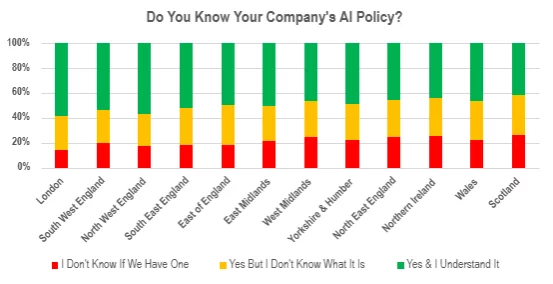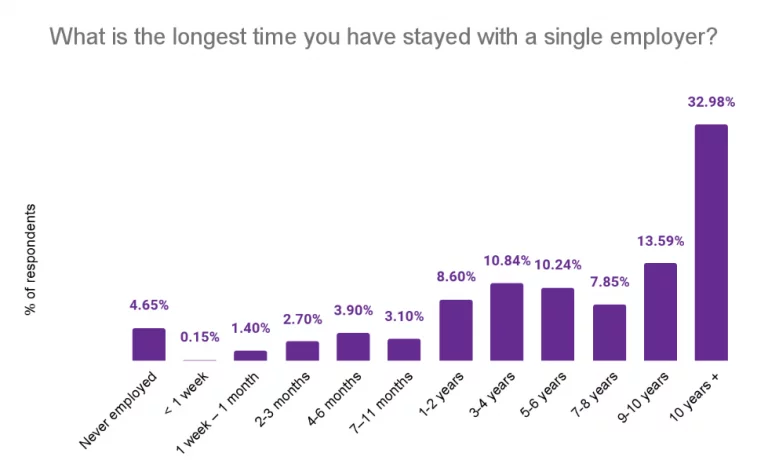
How To Know Your Audience As A Manager
Contents
Presenting well is a cornersone of good management.
It will motivate and influence your team.
The more you know about the audience, the more effect you can have on them.
What Is Knowing Your Audience?
“It is understanding that gives us an ability to have peace. When we understand the other fellow’s viewpoint, and he understands ours, then we can sit down and work out our differences.” Harry S. Truman
Knowing your audience makes you better able to connect with them.
It means that you know enough about their values, backgrounds, and beliefs to understand what matters to them.
The more you learn about your audience, the better you can plan communication.
You will be able to speak to them in terms of what matters to them.
We also always learn audience skills in our line manager courses as they are so important.
5 Ways To Assess What Your Audience Thinks
So how do you assess what your audience thinks?
Before the meeting, you will need to do some research and some thinking to try to put yourself in their shoes.
1. Prior Experience:
Prior experience is probably the number 1 factor driving an audience’s behaviour.
If they had problems the last time that they dealt with your subject, expect them to be wary.
As the old saying goes: “Once bitten twice shy”.
Conversely, if things went well, they will probably be enthusiastic.
2. Self-interest:
Think through how they might see the situation?
What concerns might they have? Where might they see benefits accruing to them?
People engage with things on the basis of their self-interest.
If you can present a win-win outcome to your audience, they will be far more likely to say yes.
3. Personality Traits:
Personality traits make a big difference to people’s approach.
If they are curious, expect them to ask lots of questions and be ready with answers.
If they are impatient, make sure you get straight to the point.
4. References:
If you know someone that knows your audience well:
Ask how they would approach things.
People and organisations don’t tend to change that much, and so knowing their past behaviour is a strong indicator of how they might behave in future.
5. Level Of Knowledge
How much does your audience actually know about what you would like to discuss?
They may know little or nothing about it.
In which case, the only views they will have will be what they have picked up from other people.
They may know lots already.
Present to them at the right level of expertise.
Marching experts through the basics is a waste of time. Presenting at an expert level to beginners is guaranteed to lose them.
Neither achieves what you want to achieve.

3 Common Mistakes
There are a few mistakes that lots of people make when they want to present to people.
1. Not knowing the bigger picture:
If you don’t know the broader context, you may well miss some vital aspects of the situation.
Many people focus so tightly on the minutiae of exactly where they want to get to that they don’t pause to consider the broader context enough.
A classic example of this can be trying to present to your boss and manage upwards.
You don’t know all the competing issues your boss is juggling.
So don’t push your ideas too hard, remember you don’t know the whole story.
2. Lack of organisation and logical order:
If you throw your ideas out without any logical order, you will lose your audience’s attention.
Organise your ideas logically so that they can follow your reasoning the whole way and hopefully reach the same conclusion as you!
3. Boring your audience:
Get to the point! People have short attention spans.
When people are nervous, sometimes they don’t get to the point.
They circle around it.
This is terrible for the audience.
They don’t know where the discussion is going or what you are trying to achieve and will get bored.
They will switch off, and you will have lost them.
Conclusion
The key to successful communication is understanding your audience.
Before you get into a meeting or a presentation, prepare yourself by understanding your audience.
During the meeting, you will also need to actively listen to assess where you were right and where you were wrong.
Photos by pexels!




